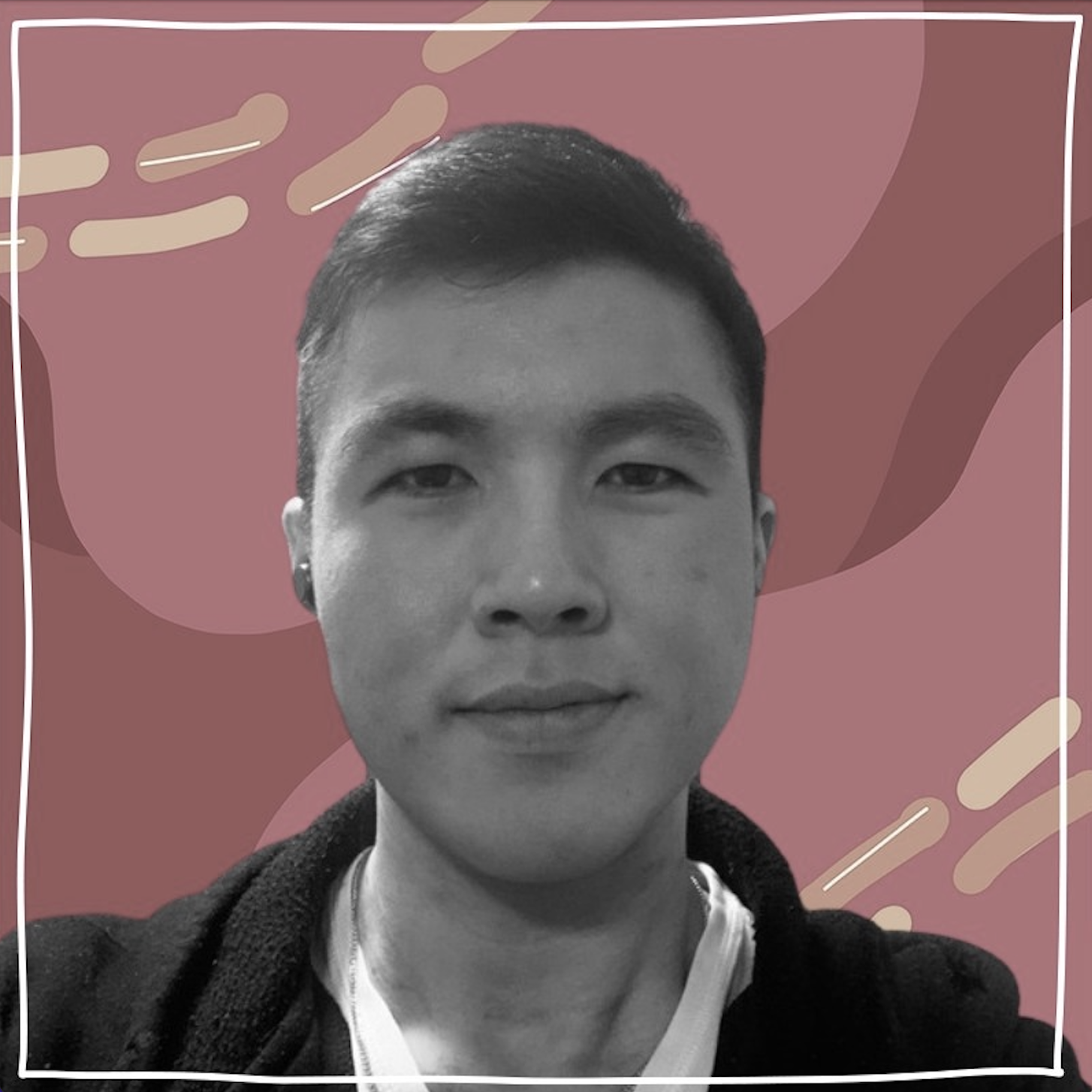After 5+ years learning to be productive, here are the habits that stuck
Posted on: May 14, 2025
Post Category: Personal Development

I started getting interested in self-development 6+ years ago.
After having a falling out with a friend, and being the one in the wrong, I thought it was time to reflect and make a change.
I read a lot of books, hoping to be a better friend – and be a better person.
I got concerned with productivity, building my career, and making the most out of each opportunity I got.
Over the years, I studied, got internships, and worked full-time. And I experimented with a lot of methods/mindsets to get more done, and some of them rarely stuck with the changes in my life.
This post shares the three of those methods/mindsets that stuck.
Setting intentions for the day/week
Without dictating how you use your time, you are setting up your time to be dictated by others and distractions.
Now, I didn’t always set intentions for the upcoming day/week.
I actually stopped this for some time because I felt that work and life was so uncertain; things take longer than expected, and things happen out of nowhere. So I gave up the idea of embedding structure into my calendar.
But what this meant was that I was living on autopilot – without choosing how I dedicate my time and energy, I was letting life happen to me. I was letting the things happening in my life decide how I should spend my time and energy.
And after living like this for a while, you realise how little effort you dedicate to the things that are actually important to you.
While life changes, it was important to remember what is important to you. Figure if it is your health, career, family, or something else.
So set those intentions, and set those boundaries. When you do that, you start to feel more in control.
Stop getting attached to perfection and outcomes
When having a goal – for your career or health or your personal life – it’s easy to have an idealised vision of what that goal looks like.
For many goals, I had a sensationalised idea of what the end state was for me. A vision or dream of what I could be, if you will.
It motivates you… but without a realistic set of actions to work towards it, it could work against you and you start setting unrealistic expectations.
Without setting actionable goals and taking that (consistent) action, you either start getting disappointed when you’re not getting results fast enough, or you start feeling afraid of taking that first step because you get concerned about failing. The former creates unnecessary stress, the latter is what causes people to put things off and “wait for the right time” – both a waste of energy and time.
It’s a hard feeling to turn off – when you doubt your success.
But at the end the day I try to remind myself:
If you really want something, you’ll get better outcomes by just simply doing it with all your heart. No fear, no expectations, no concerns about the consequences of failing, no wavering thoughts… just straight focus and producing as much as possible.
As my mum would say when I was stressed: If something needs be done regardless, why stress yourself? So instead of leaving your dreams and ambitions as… dream and ambitions, make them commitments – do something about them.
Consistent action in the right direction (even if it makes you look like a fool) is always better than having doubt and going nowhere.
Whatever you are putting off… just start it.
Gratitude
Social media prompts us to always feel insecure about how much we have, the experiences we are having, the amount of money we make…
We’re always looking at the highlights of someone else’s life and reminding ourselves that our lives are inadequate.
We keep bullshitting ourselves that our life sucks, even when it doesn’t. We keep bullshitting ourselves that what we have is not enough.
We compare ourselves to people that get the most attention on the internet, and it makes for a sad envious existence.
Yes, it’s good to have some inspiration from people online and have a vision/idea of the life you want to live. But when you compare yourself to others, that’s when it starts to take a toll on your mental energy.
Without practicing gratitude, you always look for what’s missing in your life, what you don’t have enough of, and excuses as to why you are not where you want to be.
When you practice gratitude, you bring positive energy to your work – and you realise that there is more opportunity and more things in your life that you can be grateful for.
Without lurking on social media and fixating so much on how others are living, you’ll realise that your life isn’t as bad as you tell yourself to be.
The benefits come slow; it took me a few months to understand the value of gratitude. But after that, you start doing it subconsciously.
If you’re working towards something, you might as well be… not stressed. So practice some gratitude.
What are some of the habits that you appreciate and have stuck with you?

About the author
Jason Khu is the creator of Data & Development Deep Dives and currently a Data Analyst at Quantium.